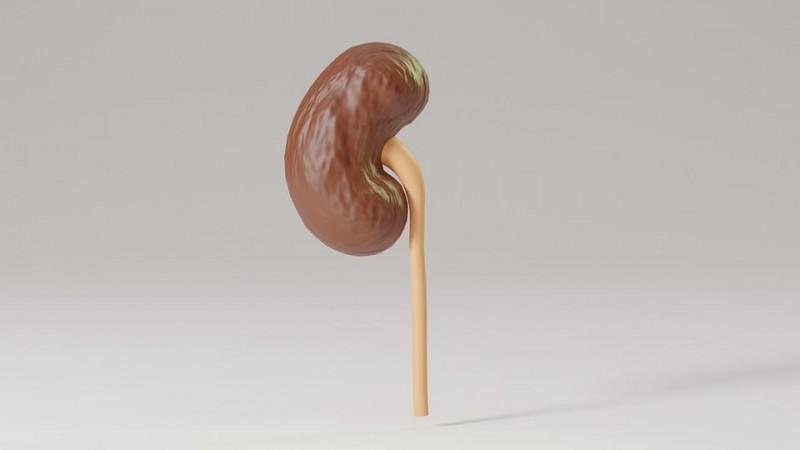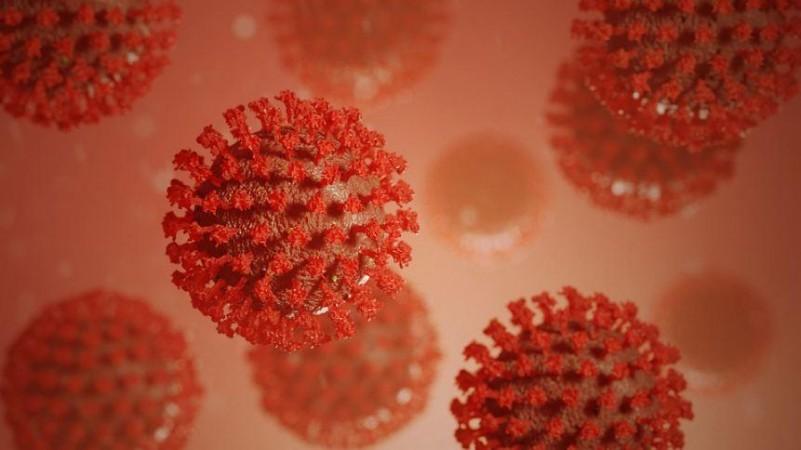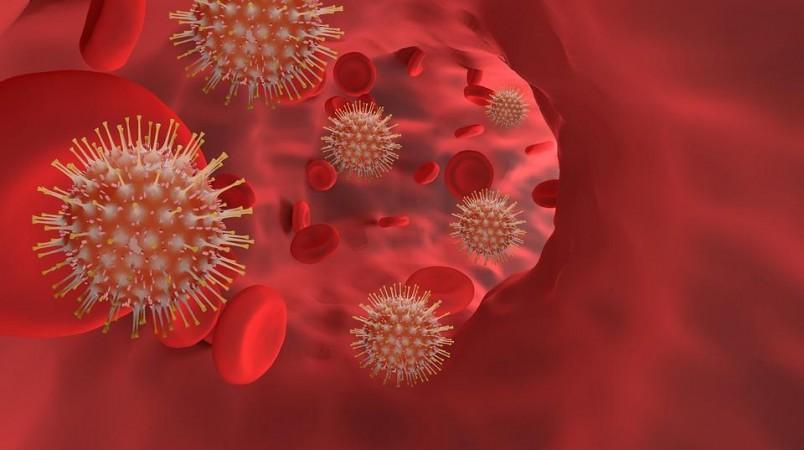Since the onset of the COVID-19 pandemic, the medical community and researchers have emphasized that certain sections of populations are at an increased risk of the SARS-CoV-2. Organ transplant recipients are one such group. Their immune responses to infection and inoculation have been studied and debated. Now, a new study has stated that antibody response to the SARS-CoV-2 virus in infected kidney transplant recipients is delayed but not absent.
In a new multi-institutional study, researchers scrutinized the dynamics of immune responses of kidney transplant recipients following natural infection from SARS-CoV-2. They found that while the production of certain antibodies was delayed, they were preserved. Published in the journal Journal of the American Society of Nephrology, the findings may offer better insights into why such individuals are at a higher risk of severe outcomes of COVID-19.
"Almost all kidney transplant recipients infected with the virus that causes COVID-19 generate immune responses. But some aspects of the response are patients with kidney transplants have a slower immune response to infection and make slightly different types of antibodies," said Dr. Jonathan Maltzman, lead author of the study, in a statement.
Double-edged Sword

Individuals receiving solid organ transplants such as kidneys, lungs, and hearts, are prescribed drugs often to suppress their immune system. This is done in order to ensure that the newly transplanted organs are not rejected by the patient's body. However, such treatments can diminish the ability of the recipient's body to produce antibodies against foreign substances.
Sadly, it also includes protective antibodies generated as a response to infections or inoculations. Several recent studies have attempted to ascertain whether transplant recipients under immunosuppressive medications can mount strong immune responses against the SARS-CoV-2 virus following infection or vaccination. However, the results have been conflicted.
Evaluating Antibody Response
The multicenter study involved 49 kidney transplant recipients and 42 immunocompetent controls who had COVID-19. Blood samples were collected from the participants during the early (≤14 days) or late (>14 days) time points following confirmation of infection.

Next, the team analyzed the obtained samples and examined IgA (immunoglobulin A), IgG (immunoglobulin G), IgG1-4 (four subclasses of IgG), and IgM (immunoglobulin M) antibodies against five different viral epitopes. These epitopes included the spike (S), S1, S2, and receptor-binding domain (RBD), and nucleocapsid (N).
It was found that the recipients of kidney transplants exhibited lower levels of total IgG anti-trimeric spike (S), S1, S2, and receptor-binding domain (RBD) during earlier time points in the infection. The researchers also learnt that the early levels of IgG anti-spike protein epitopes were lower in these individuals than in control subjects who were not immunocompromised.
Most of the anti-SARS-CoV-2 antibodies were IgG1 and IgG3. A moderate shift in the class of antibodies to IgG2 or IgG4 was also observed in both groups. Interestingly, there were no considerable differences in later levels of IgG anti-Spike, S1, S2, RBD, and N, between cohorts.
Delayed But Preserved

The team noted that there was a delay in the production of IgG antibodies in kidney transplant recipients. However, the responses of IgA and IgM in this group were similar to those seen in non-transplant individuals in the control group. "There was no significant difference in the kinetics of either IgM or IgA anti-Spike, S1, RBD or S2 based on timing after diagnosis or transplant status," the authors wrote.
Therefore, the findings of the study suggest that while the antibody response to the novel coronavirus infection may be delayed in kidney transplant recipients, it is still preserved. Additionally, it is likely that these results may hold good for other people who suffer from chronic immunosuppression, and may aid in developing treatment options to help boost their immune responses after vaccination.
"Kidney transplant recipients mount early anti-SARS-CoV-2 IgA and IgM responses while IgG responses are delayed compared to immunocompetent individuals. These findings might explain the poor outcomes in transplant recipients with COVID-19," concluded the authors.









